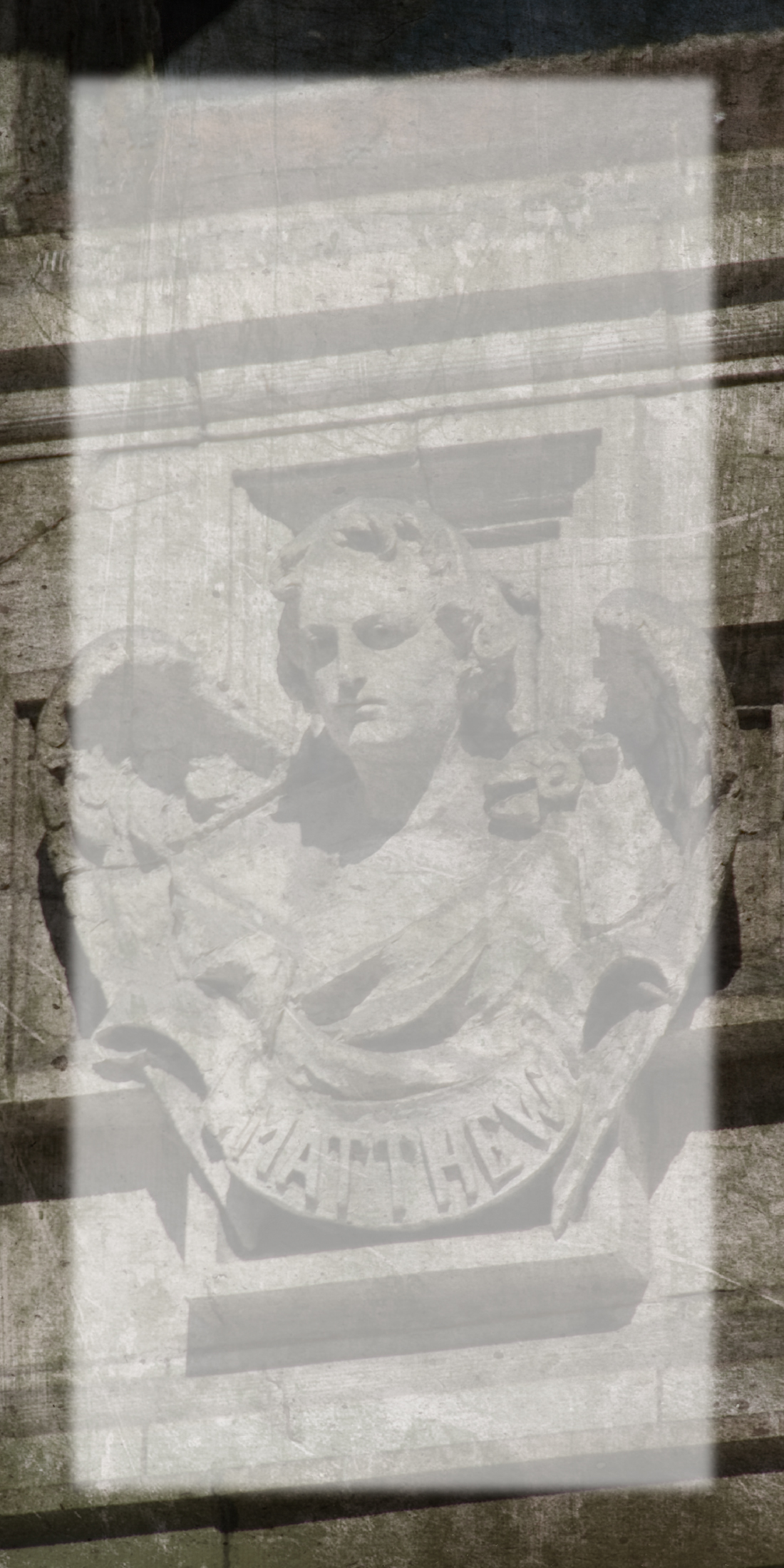"German Television"
For Rosanna
I.
We still make a stink,
We just learn to hide it better.
Leaves begin to gather.
It’s not that I want to stay here forever
But that I like being in a particular place.
Pins, for instance, are terrific,
But we don’t need to keep them.
Let’s see if I can figure out
His name from the maps downstairs.
I don’t go after anyone but
I have a stick I can use to defend myself.
This sensitive closing device moves me to tears.
I knew those people knew what time it was.
II.
Being challenged is love, not being allowed
To do the complacent thing.
A flirtation occurs below
Your possibility, we in hats take trains
Downtown to see paintings.
I must be able to describe to you
Precisely the boats and waves
On the lake. An egg sits, boiled,
In its cup. Extravagant tulips
From when Vivien was still here.
Hard money on a winter ledge.
I will not make the decision but rather
Let it make me, as music in waves,
Circling birds, boats waiting in their wet
Quadrant, clouds introducing summer.
“Barge (Section XVI)”
If I believed in an afterlife, set of gods with it,
I’d take the Greek and Roman version, believe
On death I’d meet Charon at the river,
He’d check the coin under my tongue,
Take me into his fragile bark,
Count his load, blow a gloomy horn,
Push off from land. He’d stick
His way through mud and murk.
Halfway across, he’d pause, squint as though
He’d forgotten something, then keep pushing.
First thing I’d notice: he’s a lot bigger than
A human. His skin harder, he’s not from here.
Long white tunic hangs from one shoulder,
Stance slightly sunken from travails.
I’d look to see my fellow travelers,
But would notice I’d make nothing of their faces:
Forms huddled on benches, that, when one looked,
Would become indistinct and shapeless.
Would there be benches? I’d look then to the
Stream, famous flow from poetry and art:
“A little of this could knock you out”
Would return to my mind and vanish
Quickly as it came.
The memory of daylight would come, as through
A veil, filtered light once seen in paintings’
View of coming through woods to a field,
A single thin cow at its edge, and the thought
Of paintings in general, of all one has seen
Over years and years, and the thought
Of all the concerts, in churches, halls, rooms,
So many breakfasts in kitchens or restaurants.
A low branch or indistinct overhang suddenly. . .
Propertius 2.27
Do you mortals seek to know death’s unfixed
hour and by what path the end may arrive?
On a clear night, do you study Phoenician science, as to
which star may be favorable and which destructive?
Whether we pursue Parthians on foot or Britons by boat,
on sea and on land, the way holds hidden perils.
Our head again tossed into the tumult, we moan,
when Mavors jumbles both camps’ uncertain hands,
and what’s more, the flame and ruin to our homes,
we moan, lest the black cups approach our lips.
Only the lover knows when he will die and from what
cause, and he fears neither Boreas’ blasts nor war.
Though the oarsman already sits in the Stygian reeds,
and he sees the gloomy sails of the infernal bark:
if only the whisper of his girlfriend calling would summon him,
he would make the journey back, obedient to no law.
(Published in The Complete Elegies Of Sextus Propertius, 2004, Princeton University Press) Note: Mavors is an archaic name for Mars.

